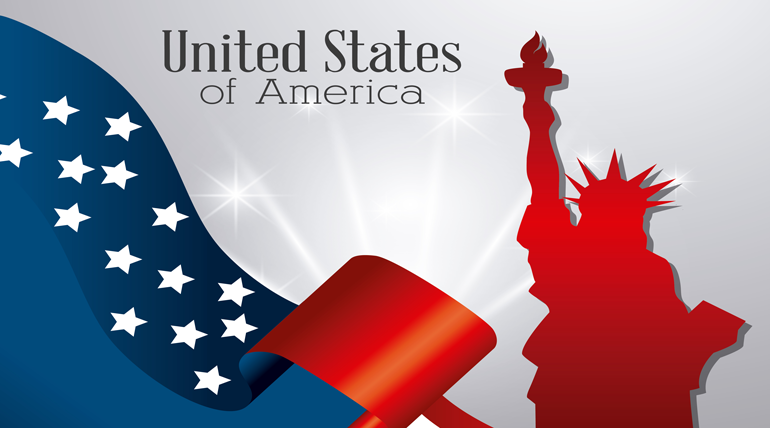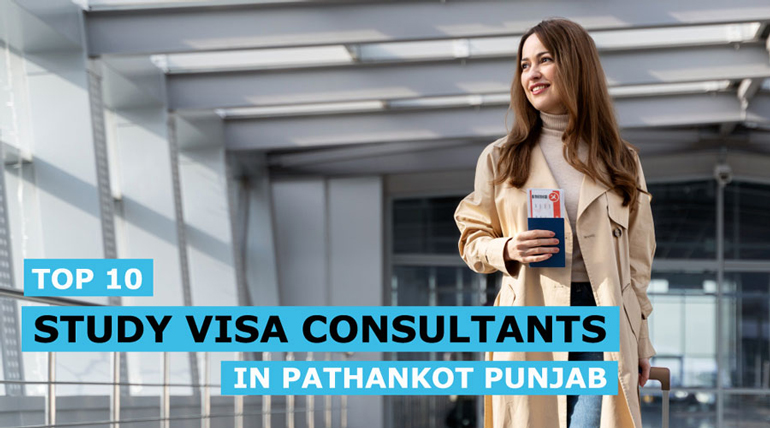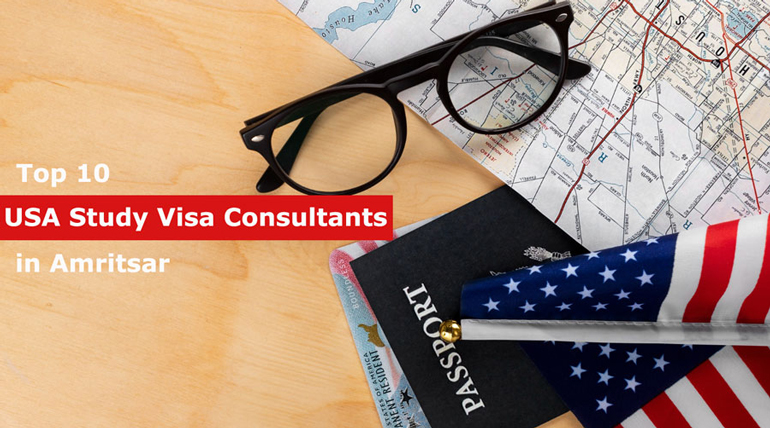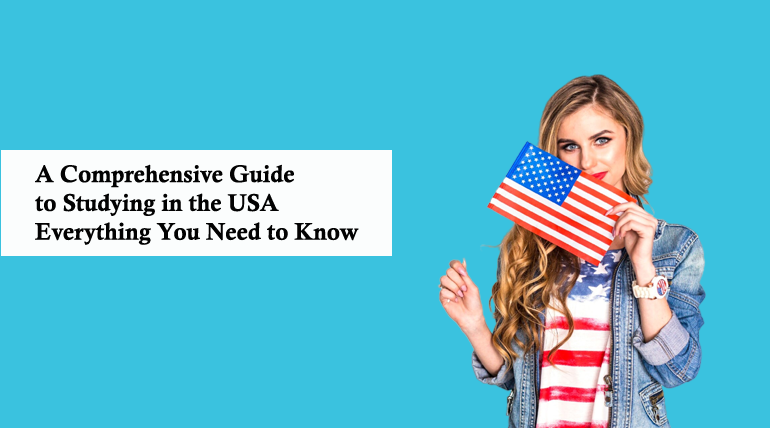US F1 Visa Requirements for Indian Students: Complete Guide for 2024

12 Nov
US F1 Visa Requirements for Indian Students: Complete Guide for 2024
The United States is one of the top study destinations for Indian students, offering world-class education, diverse cultures, and excellent career prospects. However, studying in the U.S. requires obtaining an F1 visa, a non-immigrant visa that allows students to pursue academic or language programs at U.S.-approved institutions. Suppose you're an Indian student aspiring to study in the U.S.. In that case, this blog covers everything you need to know about the F1 visa requirements, the application process, and essential tips for a smooth experience.
1. What is an F1 Visa?
The F1 visa is specifically designed for international students who wish to attend academic programs, including bachelor's, master's, Ph.D., and language programs, at accredited U.S. institutions. Holding an F1 visa allows you to reside in the U.S. during your studies and grants limited work opportunities under specific conditions.
2. Eligibility Requirements for an F1 Visa
To qualify for an F1 visa, Indian students must meet several requirements:
a. Acceptance by a SEVP-Approved School
- You must first gain acceptance from a school certified by the Student and Exchange Visitor Program (SEVP).
- Upon admission, the institution will provide a Form I-20, a document required to start the visa application process.
b. Demonstrate Sufficient Financial Support
- You must prove you can finance your studies and living expenses in the U.S. without needing external assistance.
- This usually involves providing bank statements, affidavits, or financial guarantees.
c. Show Strong Ties to Your Home Country
- The F1 visa is a non-immigrant visa, meaning you must intend to return to your home country upon completing your studies.
- Consular officers look for evidence, such as family ties, property ownership, or career opportunities in India.
d. English Language Proficiency
- Most U.S. institutions require English language proficiency through tests like TOEFL, IELTS, or other acceptable exams.
- An English proficiency test is not mandatory for the F1 visa application but is necessary for university admission.
3. Step-by-Step F1 Visa Application Process
Step 1: Obtain Form I-20 from Your Chosen Institution
After accepting your admission offer from a SEVP-approved school, they’ll issue a Form I-20. Review it carefully to ensure all details are accurate, as it will be essential during your visa interview.
Step 2: Pay the SEVIS Fee
- Before applying for an F1 visa, pay the Student and Exchange Visitor Information System (SEVIS) fee, which funds the maintenance of your SEVIS record.
- Payment of this fee can be done online, and you'll receive a receipt required for your visa interview.
Step 3: Complete the DS-160 Form
The DS-160 is the online non-immigrant visa application form required for F1 visas. Fill in all personal, academic, and financial details accurately.
Step 4: Schedule Your Visa Interview
You’ll need to schedule a visa interview at the nearest U.S. consulate. Remember to book the appointment well in advance, as slots fill quickly, especially during peak seasons.
Step 5: Gather Required Documents
Prepare and organize the necessary documents, including:
- Passport (valid for at least six months beyond your stay in the U.S.)
- Form I-20 from your institution
- DS-160 Confirmation Page with barcode
- SEVIS Fee Receipt
- Visa Application Fee Receipt
- Recent Passport-Sized Photos (meeting U.S. visa photo requirements)
- Financial Documents proving you can fund your education and stay
- Academic Transcripts and Test Scores
- Proof of Ties to India to demonstrate your intention to return
Step 6: Attend the Visa Interview
Your visa interview will focus on confirming your genuine intent to study in the U.S., financial stability, and commitment to returning to India after completing your studies.
4. Key Documents Needed for F1 Visa
1. Valid Passport: Must be valid for at least six months beyond your expected stay.
2. Form I-20: Issued by your U.S. institution.
3. DS-160 Confirmation Page: Completed online form with a barcode.
4. SEVIS Fee Receipt: Proof of SEVIS payment.
5. Visa Fee Receipt: Proof of payment of the non-refundable visa application fee.
6. Passport-Size Photographs: Following U.S. embassy specifications.
7. Financial Documents: Bank statements, sponsorship letters, etc.
8. Proof of Academic Qualifications: Certificates, transcripts, and standardized test scores.
5. Tips for F1 Visa Interview Success
1. Be Prepared to Discuss Your Study Plans: Consular officers may ask about your course, major, and choice of university.
2. Explain Ties to Your Home Country: Emphasize plans to return to India after studies to reassure that you do not intend to immigrate.
3. Demonstrate Financial Capability: Have documentation ready to show sufficient funds.
4. Stay Calm and Confident: Be honest and concise in your responses.
6. F1 Visa Financial Requirements
To meet the financial requirements, Indian students should demonstrate they can cover:
- Tuition fees for the entire course
- Living expenses, including housing, food, and transportation
- Personal expenses, such as health insurance, books, and miscellaneous costs
Students can use savings, education loans, sponsorships, or scholarships as financial proof. Consular officers will evaluate these documents to ensure you have the resources to sustain yourself during your studies.
7. Working on an F1 Visa
While the F1 visa primarily focuses on academics, some work opportunities are allowed:
1. On-Campus Employment: You can work up to 20 hours a week on campus during the academic year and full-time during breaks.
2. Optional Practical Training (OPT): Post-graduation, students can apply for OPT, which permits full-time work for up to 12 months (or 24 months for STEM graduates).
3. Curricular Practical Training (CPT): Allows internships or job training related to your course of study.
8. Frequently Asked Questions (FAQs) about F1 Visa for Indian Students
Q1: How long does it take to process an F1 visa?
- Visa processing time varies, but it’s wise to apply at least three months before your program’s start date.
Q2: Can I bring dependents on an F1 visa?
- Yes, your spouse and unmarried children under 21 can accompany you under an F2 visa, though F2 holders cannot work.
Q3: How much does it cost to apply for an F1 visa?
- In addition to tuition fees, Indian students should budget for the $160 visa application fee and the SEVIS fee, which is approximately $350.
Obtaining an F1 visa as an Indian student is a significant step toward achieving your educational and career dreams in the United States. By meeting the requirements, organizing essential documents, and preparing for your visa interview, you can increase your chances of success. Remember to plan, maintain clarity in your study goals, and ensure you fulfill all financial and legal obligations. With determination and the right approach, your U.S. study journey can be an incredible and rewarding experience.
---













0 Comments